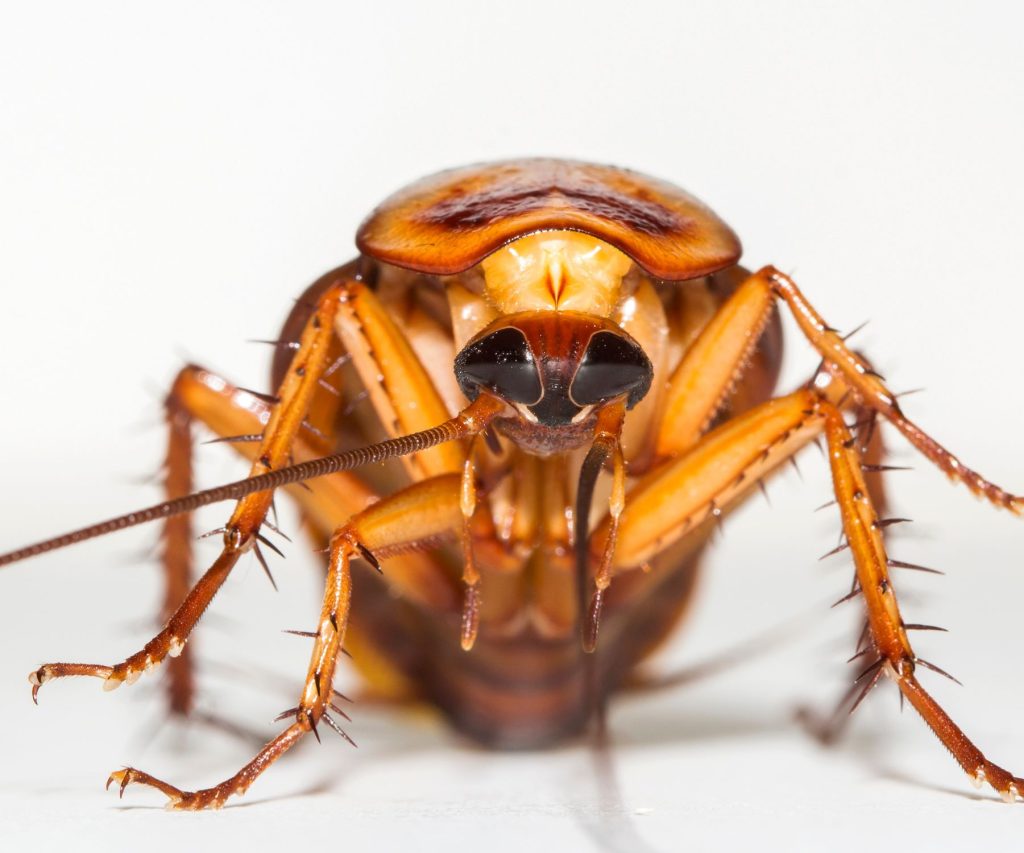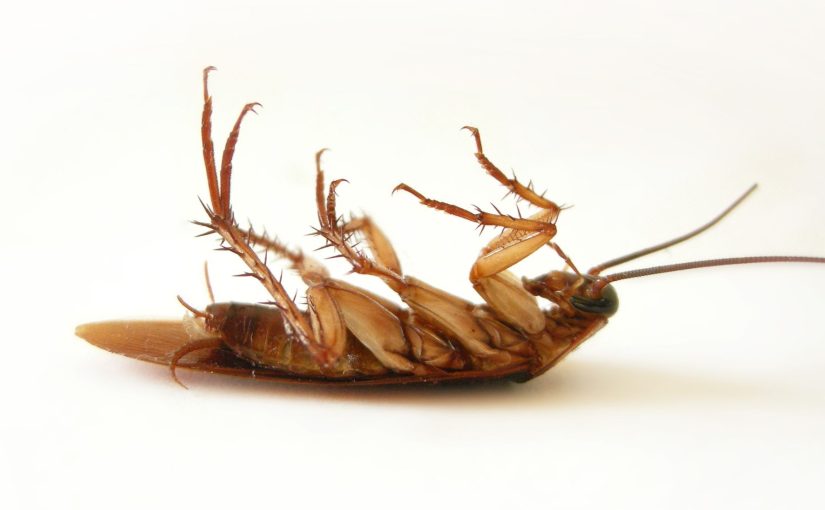Table of Contents
Do Cockroaches Carry Disease? The Surprising Truth
Cockroaches have long been associated with carrying disease and filth. But do they actually pose a significant health risk? The answer is more nuanced than you might think.
Why Cockroaches Get a Bad Rap
There are several reasons why cockroaches have a reputation for being dirty and disease-ridden:
- They feed on waste and decaying matter, which exposes them to bacteria and pathogens
- They live in unsanitary places like sewers, drains, and garbage
- When they walk over contaminated surfaces, they can pick up germs on their legs and bodies
- They regurgitate food and leave droppings wherever they go, allowing germs to spread
- They can transmit bacteria like Salmonella and E. coli when they contaminate food sources
- People find cockroaches disgusting, so they associate them with filth and disease
However, cockroaches themselves are not inherently dirty or dangerous. Much of their bad reputation comes from their association with unsanitary human environments.
Do Cockroaches Transmit Disease to Humans?
Although cockroaches have the potential to spread bacteria and parasites, most species are not major disease vectors. There are a few exceptions:
- Salmonella – Roaches can carry this bacteria on their body and contaminate food that isn’t properly stored or prepared. Salmonella food poisoning causes diarrhea, fever, and stomach cramps.
- Dysentery – Cockroaches can transmit dysentery-causing amoeba cysts in their feces if they contaminate food and water.
- Gastroenteritis – Roaches can spread the viruses, bacteria, or parasites that cause gastroenteritis through contact with food.
- Typhoid fever – Roaches are not direct carriers, but can transmit typhoid between infected and non-infected humans if they walk over contaminated surfaces.
- Polio – Cockroaches can pick up polio virus on their legs and antennae and transport it to food sources.
- Cholera – Although not common, cockroaches may be able to transmit cholera bacteria in unsanitary conditions.
Despite these risks, most cockroach-human disease transmission requires the roaches to actually walk over contaminated surfaces or food. Their role is more as passive transporters, not hosts or reservoirs of disease.
 What About Allergies and Asthma?
What About Allergies and Asthma?
While cockroaches may pose a relatively low infectious disease risk, their presence can worsen allergies and asthma. Cockroach droppings, saliva, and decomposing bodies contain proteins that can trigger allergic reactions or asthma symptoms when inhaled.
An estimated 26% of people with asthma are allergic to cockroaches. Reactions can range from sneezing, watery eyes, and coughing to severe wheezing, chest tightness, and shortness of breath.
Controlling cockroaches, avoiding pesticide use, and cleaning surfaces can help reduce allergy and asthma triggers.
Other Risks of Cockroaches
- They can contaminate food with bacteria, viruses, chemicals, and allergens if they walk over it or die on it.
- They may bite people in rare cases, although their bites are not venomous or dangerous.
- Large numbers of roaches produce a strong musty odor.
- They can damage materials like book bindings, wallpapers, fabrics, and wires.
- Some people develop phobias of cockroaches due to disgust.
Preventing Cockroach-Related Health Risks
While the disease risks may be lower than assumed, cockroaches can still negatively impact human health. Here are some tips to minimize problems:
- Store food in sealed containers to prevent contamination.
- Clean surfaces, utensils, and counters often.
- Fix plumbing leaks and don’t let dishes sit in the sink to deter roaches.
- Inspect packages brought inside for roaches.
- Vacuum and mop floors regularly.
- Take out garbage frequently.
- Use cockroach baits and traps to control populations.
- Contact a pest control professional for severe infestations.
- Clean up any dead roaches since their remains can still trigger allergies.
Frequently Asked Questions
1. What diseases can cockroaches spread?
Cockroaches can potentially transmit bacteria that cause food poisoning, diarrhea, and gastroenteritis, such as Salmonella, Campylobacter, and E. coli. They can also pick up viruses and parasites from contaminated surfaces and food that cause illnesses.
2. How do cockroaches contaminate food?
Cockroaches will feed on and walk over unsanitary surfaces. When they come into contact with food, they can leave traces of bacteria, viruses, feces, saliva, and allergens behind. Cockroach body parts and droppings can also physically contaminate food and drinks.
3. Do cockroaches bite?
Cockroaches can bite humans in rare circumstances, although their bites are not venomous or medically dangerous. Bites usually occur if cockroaches get trapped against bare skin. The bite mainly causes temporary pain, redness, and itching.
4. How can you tell if you have cockroaches?
Signs of cockroaches include spotting live or dead roaches, shed skins, ootheca egg cases, droppings, and a musty odor. You may hear them scurrying at night. Look for them in kitchens, bathrooms, cracks and crevices, warm spots, and near food and water.
5. Do cockroaches spread the plague?
There is no evidence that cockroaches directly transmit plague. Fleas are the main vector of plague between rodents and humans. Cockroaches could potentially pick up plague bacteria by walking over contaminated surfaces, but are not hosts.
6. Can cockroaches live in your body?
No, there are no known cases of cockroaches living inside a person’s body. They do not typically infest humans. Occasionally, they may be found in ears, noses, or other openings if someone is sleeping on the ground in extremely unsanitary conditions.
7. How do you get rid of cockroaches?
Methods to control cockroaches include sanitation, traps, gels and baits, insect growth regulators, essential oils, powder insecticides, and releasing natural predators. For severe infestations, fumigation or professional pest control may be necessary.
The Bottom Line
Cockroaches have developed an exaggerated reputation as filthy, disease-carrying pests. In reality, while they can potentially transmit some bacteria and viruses by contaminating food and surfaces, they do not typically spread serious infectious diseases under normal household conditions. However, exposure to cockroaches can worsen asthma and allergies. The key is to practice good sanitation and use integrated pest management techniques to control roach populations.
For more information, see the CDC’s guidelines on cockroaches.
Here are some products that can help keep cockroaches out of your home:
Cockroach Traps and Baits
- Black Flag Roach Motel Insect Trap
- Harris Boric Acid Roach Killer Powder
- Combat Source Kill Max Rupture Roach Killing Gel
Insect Growth Regulators
Cockroach Sprays
With vigilance and integrated pest control methods, you can minimize health risks and keep cockroaches out of sight and out of mind.

